Zelenci: a lake that doesn’t change color even in winter, yet hides dozens of springs beneath the surface
If you head west from Kranjska Gora, just a few minutes before the road leads you toward Rateče and the Italian border, a view suddenly opens up on your right—one that practically begs you to stop. With no fanfare and no crowds, tucked between the forest and the foothills of Mount Vitranc, lies Zelenci—a nature reserve and one of the most mystical places in all of Slovenia.
This isn’t your typical lake with paddle boats and a walking path around the shore. This is a place where water is born. And not just one stream, but dozens of small, greenish springs that the locals simply call zelenci. The name is no coincidence: the water here is such an oddly turquoise-green that it seems to glow—even when the sun isn’t out. Literally.
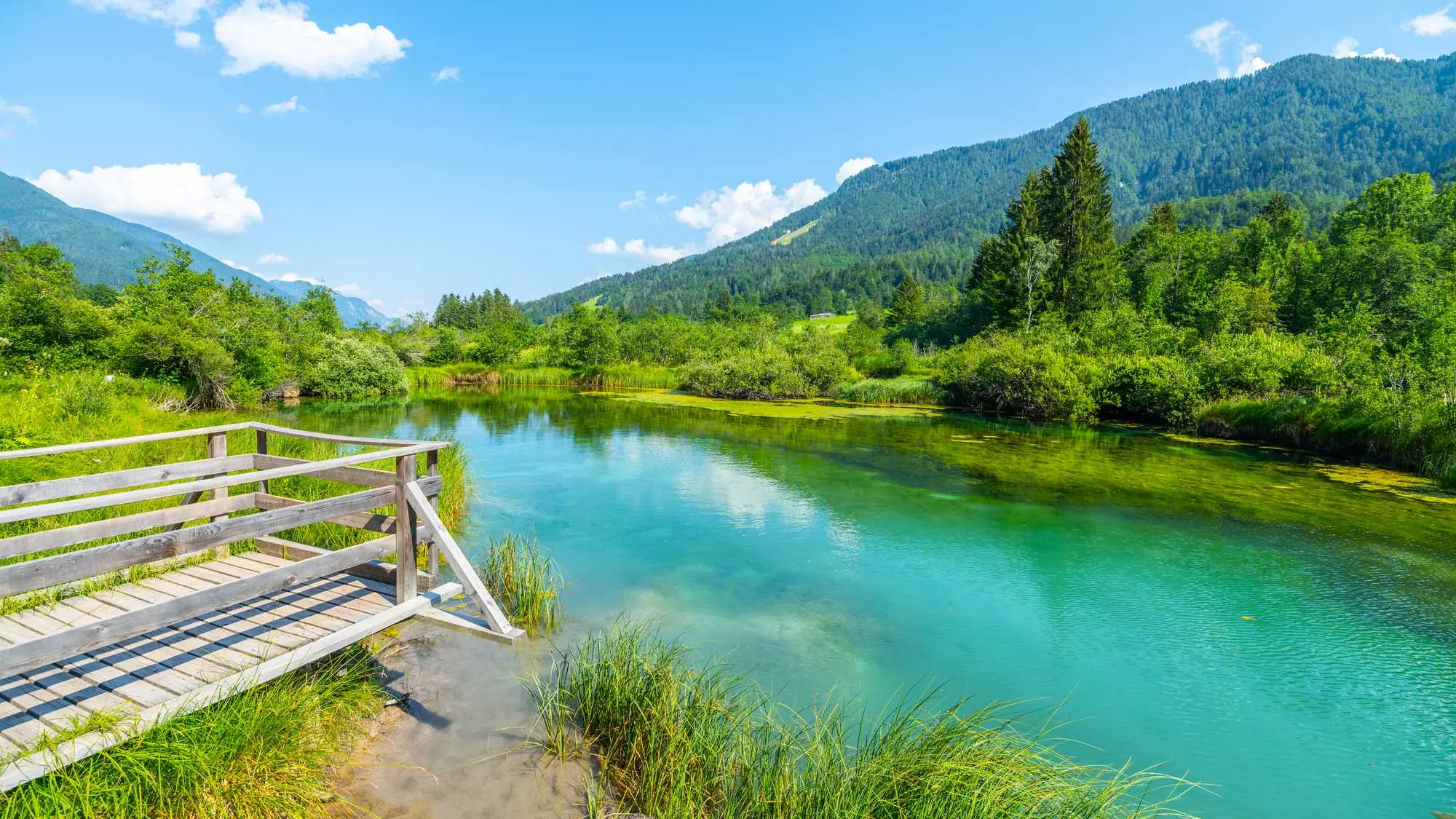
Zelenci, Photo: pyty Depositphotos
WHERE THE SAVA BEGINS
Geologically speaking, Zelenci is a permanent karst spring, meaning water rises underground through layers of gravel and fine sediment. This is where the Sava Dolinka is born—one of the two main sources of the Sava, Slovenia’s longest river. The water emerges from an underground lake located beneath the nearby Planšarsko polje, and from this quiet spot it begins its long journey toward Zagreb, Belgrade, and eventually to the Danube and the Black Sea.
What makes this spring unique is that the water doesn’t gush out—it bubbles up gently, through hundreds of tiny openings at the bottom of the pond. It looks as if the lake itself is breathing. According to local legend, this is where the earth whispers directly to the sky—and it’s hard not to agree, at least metaphorically.
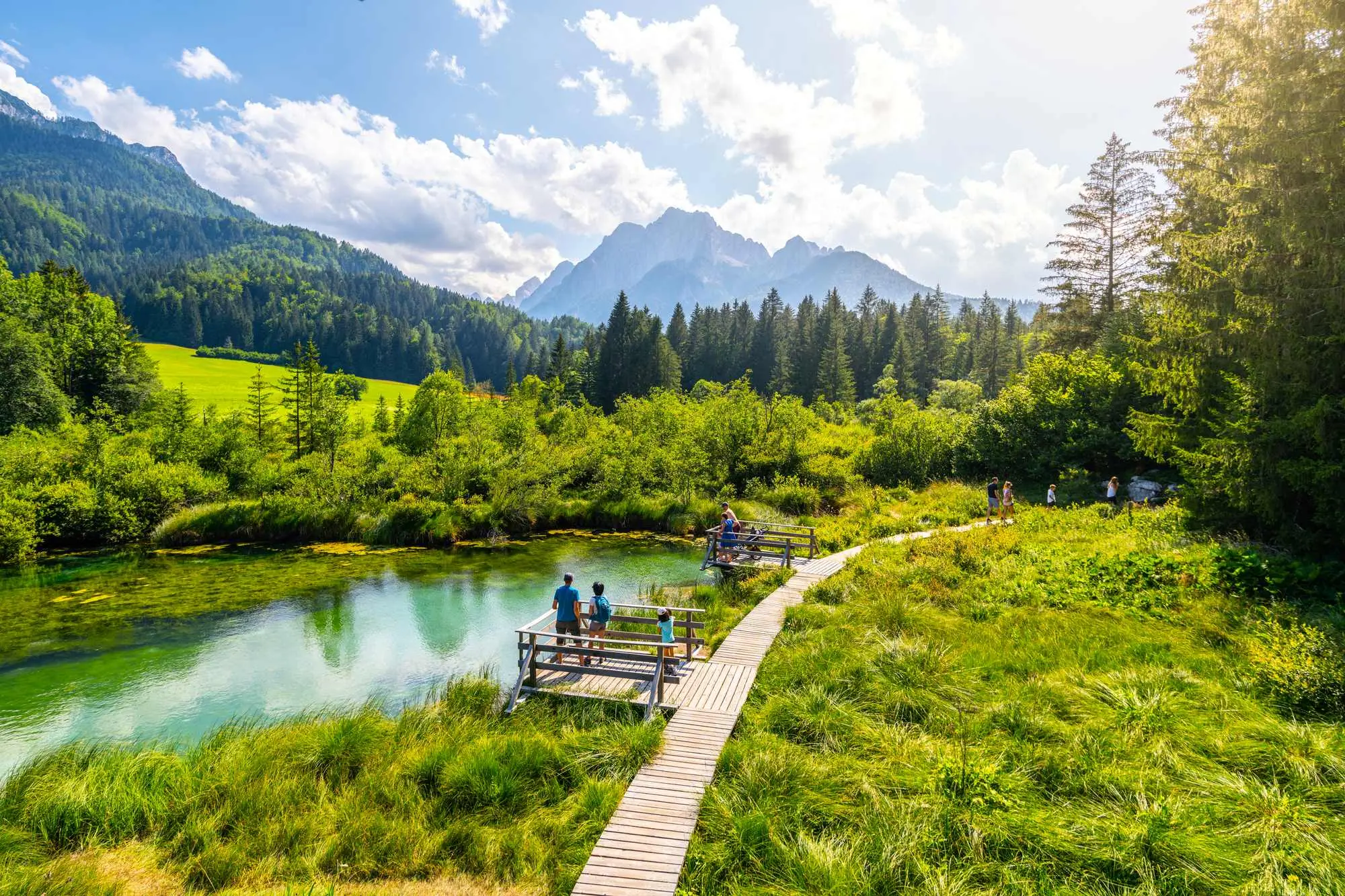
Zelenci, Photo: pyty Depositphotos
MORE THAN JUST A GREEN DOT ON THE MAP
Many people think Zelenci is just that one famous little pond with a wooden viewing platform, but the entire nature reserve actually covers an area of about 15 hectares. Scattered across this space are numerous smaller springs and marshy wetlands, whose locations and water flow vary depending on the season and hydrological conditions. Altogether, there are over 30 active springs, each with its own shape and intensity.
The water temperature remains steady at around 5 to 6°C, even in winter, which means the pond rarely freezes and continues its quiet pulse despite the cold.
The pond itself is about 2 meters deep, but what you see is only the surface—beneath it lie layers of gravel and underground channels that connect this area to a much larger Alpine hydrological system.
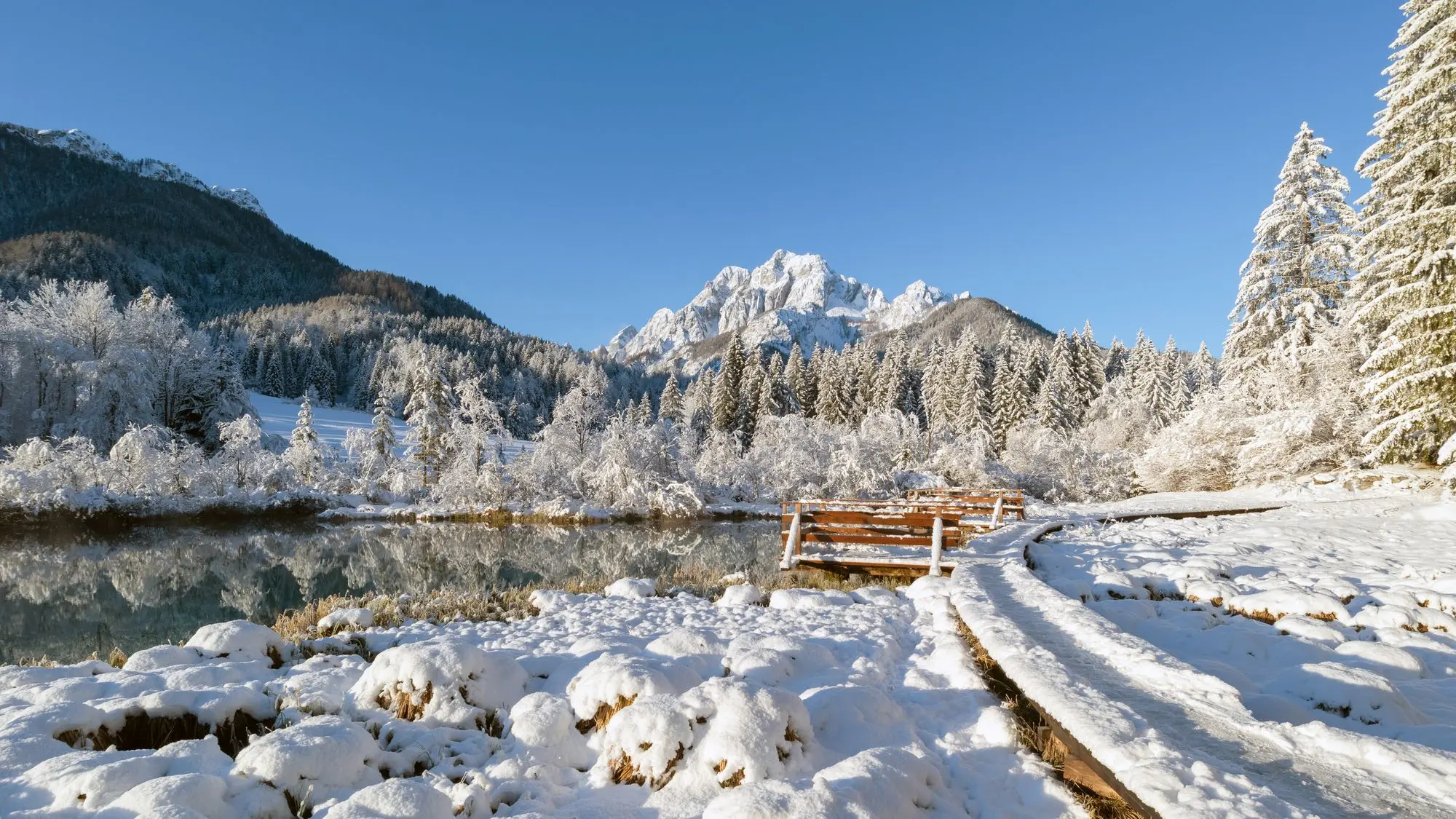
Zelenci Lake, Photo: 24K-Production, Depositphotos
A PLACE WHERE NATURE SPEAKS LOUDLY
Since 1992, Zelenci has been protected as a nature reserve, and for good reason. More than 30 rare plant species thrive here, including carnivorous ones like sundew, along with a variety of wetland birds such as the kingfisher, heron, and grey duck. In the watery world below, the stars of the show are blue frogs, dragonflies, and the occasional otter, which may appear in the late hours—if you’re lucky and patient enough.
This area is also part of the Natura 2000 network, the European Union’s system for preserving biodiversity and protecting ecologically valuable sites.
IT’S NOT ALL ABOUT NUMBERS — BUT SOME INFO DOES HELP
Entrance to the Zelenci Nature Reserve is completely free, and getting there is easy—it’s located right off the main road, just about 2 km from the center of Kranjska Gora. There’s a free parking area right by the road, and a wooden boardwalk leads directly to the spring, making it accessible for walking, bikes, and even strollers.
There are no cafés or facilities within the reserve itself, but just a few minutes away—in Podkoren, Rateče, or Kranjska Gora—you’ll find restaurants, cafés, and public restrooms.
The best time to visit is in spring or early autumn, when the colors are at their most vibrant and the crowds are minimal. Winter also offers a magical scene, though you should be prepared for icy paths and colder conditions.
The entire walk takes about 20–30 minutes, but if you like to soak in the atmosphere, don’t be surprised if you stay much longer.
While You’re in the Area…
If you’re already in this part of Slovenia, don’t stop at just one natural wonder.
🔹Lake Jasna is located right next to Kranjska Gora—perfect for relaxing by calm waters with stunning mountain views.
🔹 And just a short drive away, you’ll find two spectacular waterfalls—Martuljek and Peričnik—offering the kind of raw power and refreshing beauty only alpine rivers can deliver at full force.
Spring in Slovenia? These 5 destinations will delight nature lovers!

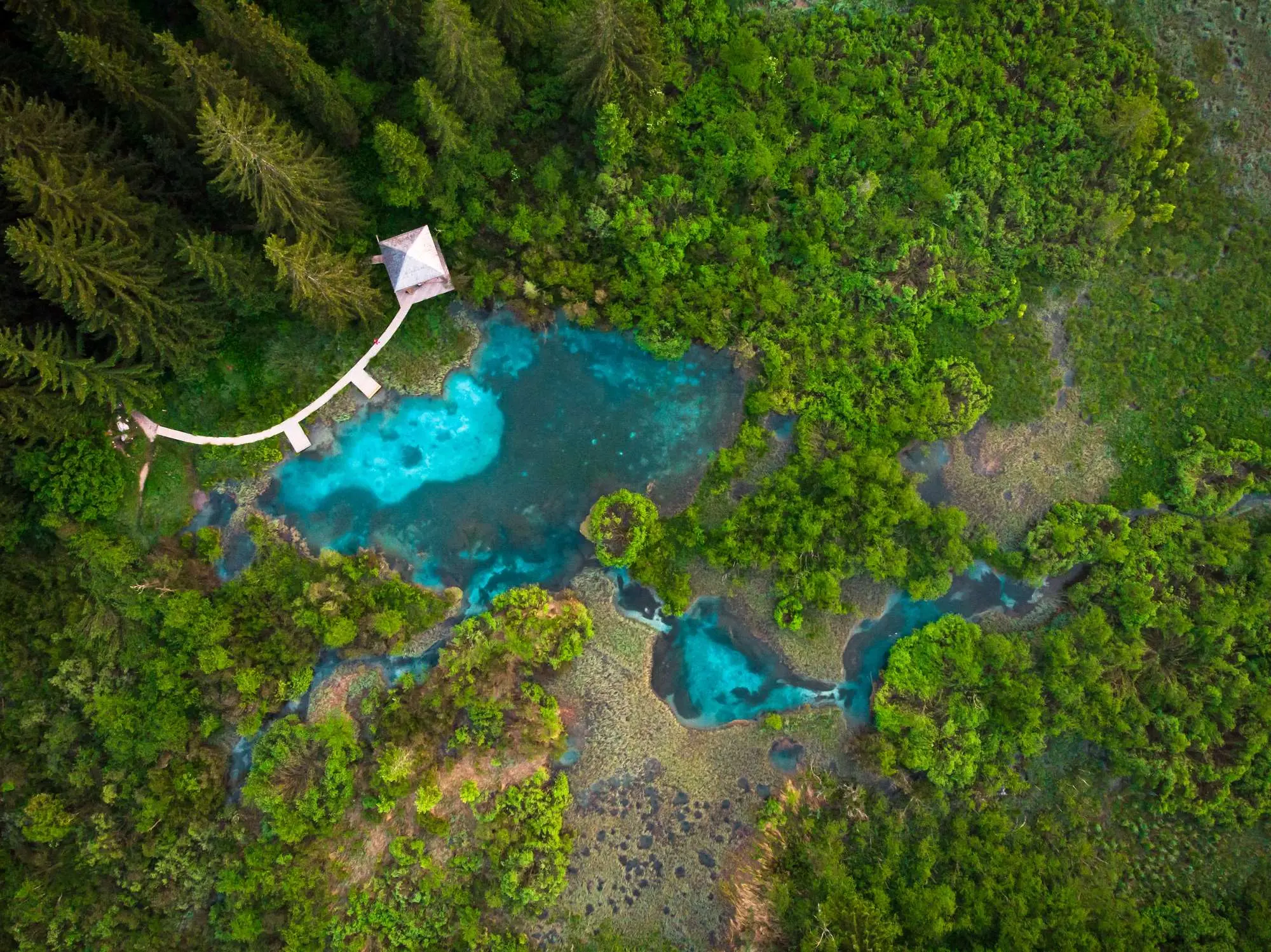
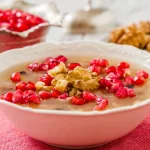
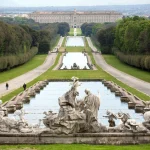
Leave a Reply